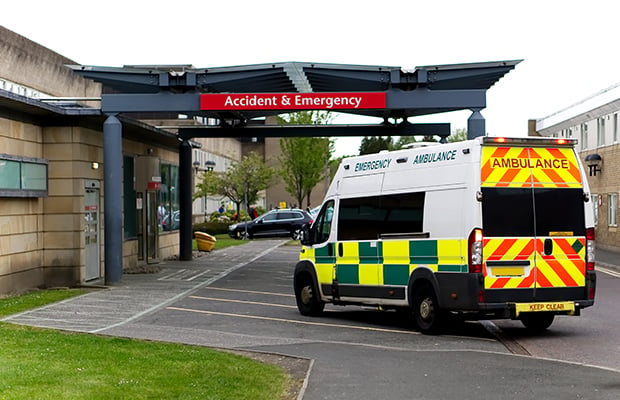Can you have a heart attack without knowing it?
A ‘silent heart attack’ is a heart attack that has no symptoms. They’re often only diagnosed weeks, months or years afterwards, during a routine check-up, or because of ongoing symptoms, like chest pain (angina) or breathlessness.
Silent heart attacks are common. They are estimated to make up around a third of all heart attacks.
How are silent heart attacks diagnosed?
While some people cannot remember having symptoms, others will see a doctor because of toothache, back pain or generally feeling unwell, and, after investigations like ECGs (electrocardiograms) and blood tests, they’re found to have had a ‘silent’ heart attack.
Are they as dangerous as normal heart attacks?
They’re serious because not knowing you’ve had a heart attack means treatment is delayed.
This means you miss out on treatments that reduce damage to the heart and the risk of having another heart attack. The quicker you start these treatments, the more effective they are.
Some people only discover they’ve had a silent heart attack after having another heart attack, which they may not have had if they’d got treatment the first time.
Want to get fit and healthy?
Sign up to our fortnightly Heart Matters newsletter to receive healthy recipes, new activity ideas, and expert tips for managing your health. Joining is free and takes 2 minutes.
I’d like to sign-up
Who's at risk of a silent heart attack?
A silent heart attack can happen to anyone, but they’re a bit more common in some people.
This includes:
- Elderly people, possibly because they live with symptoms that may, or may not, be related to heart problems.
- People with diabetes, who may not feel chest pain because of nerve damage from their diabetes.
The key to preventing a heart attack is having a healthy lifestyle. If you’re at higher risk because of high cholesterol, high blood pressure or diabetes, talk to your doctor about treatment.
Meet the expert
Professor Tim Chico is professor of cardiovascular medicine at the University of Sheffield and a consultant cardiologist at Sheffield Teaching Hospitals NHS Trust. He is also the Associate Director at the British Heart Foundation Data Science Centre.
What to read next...









